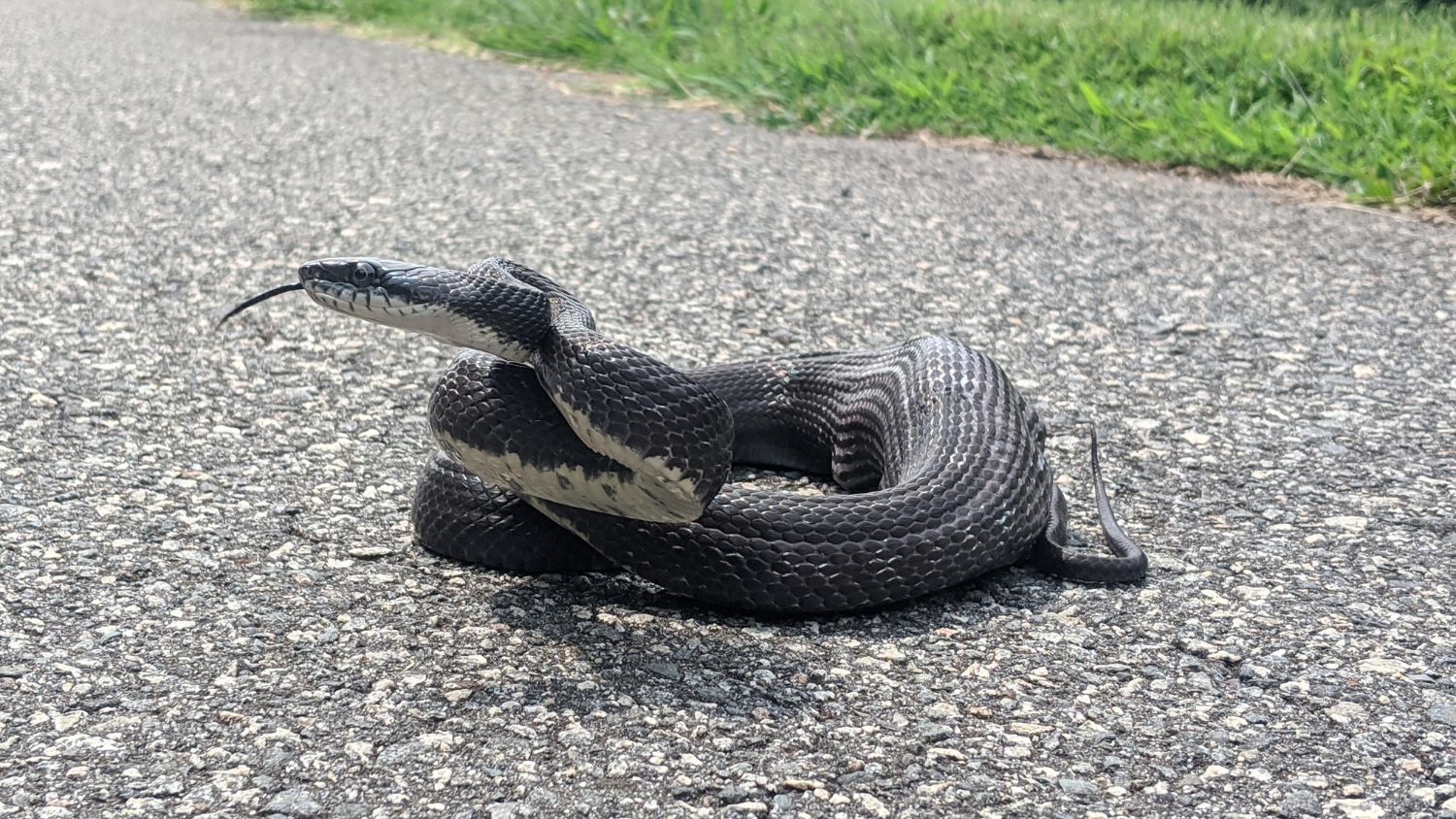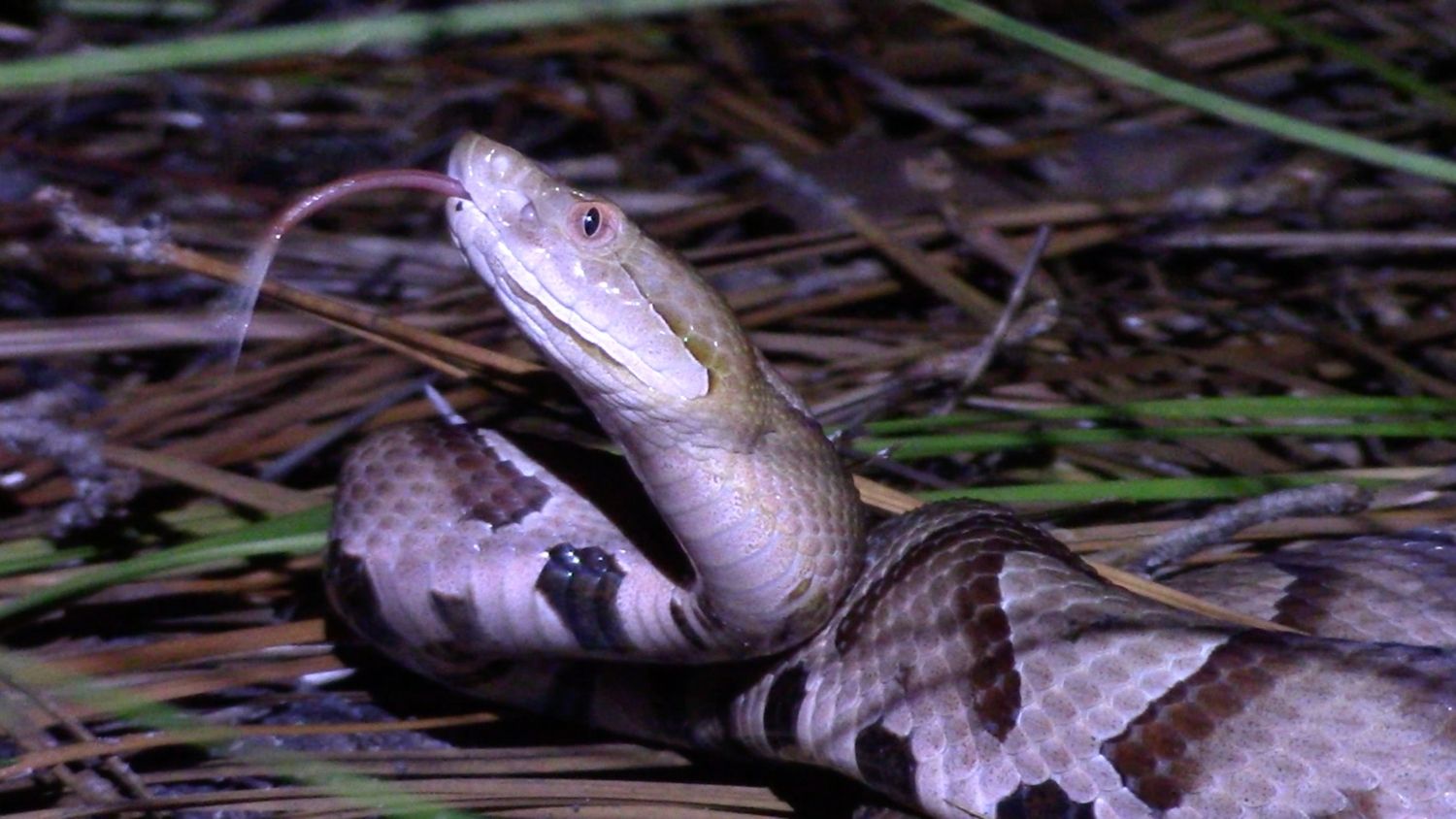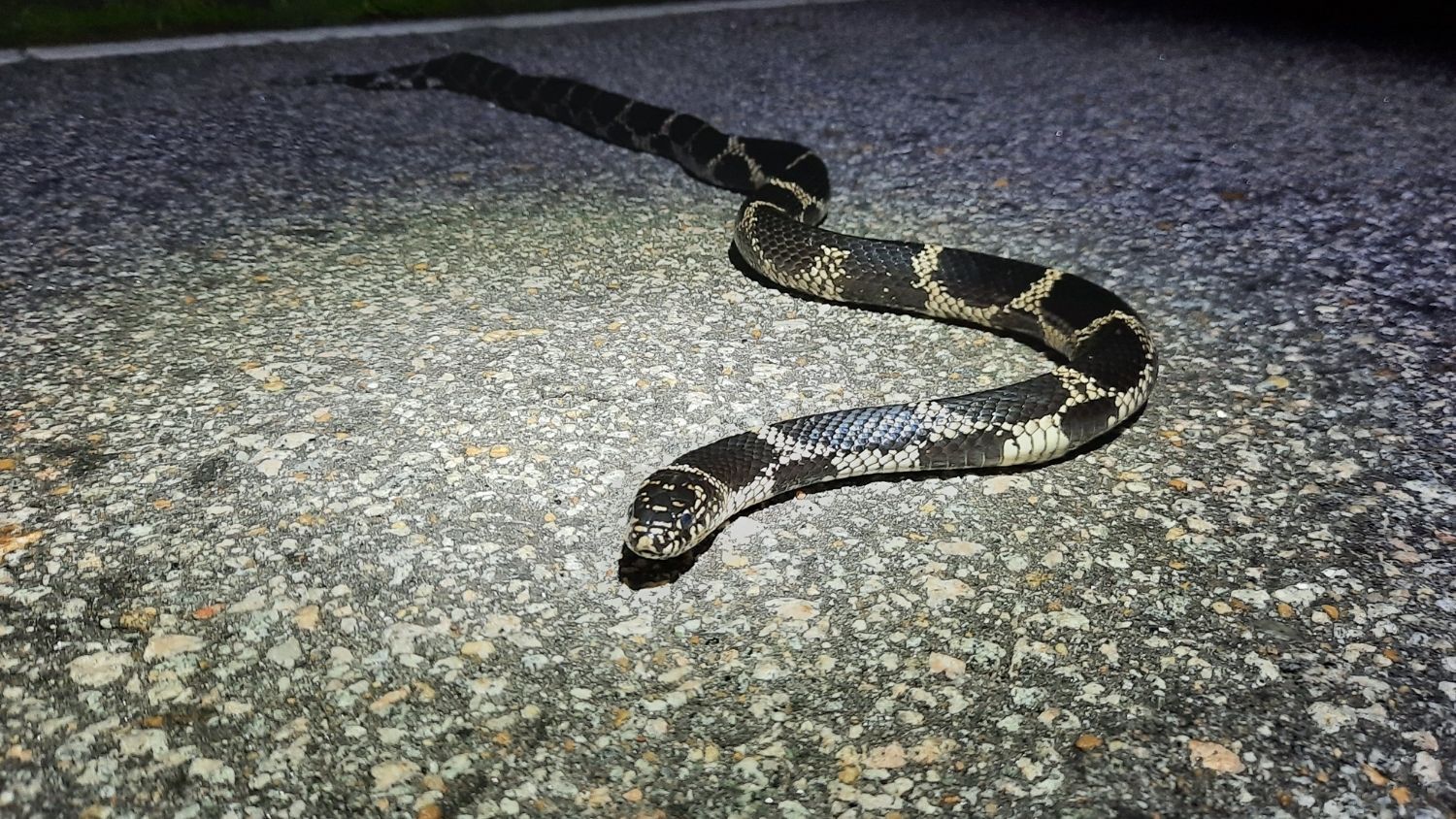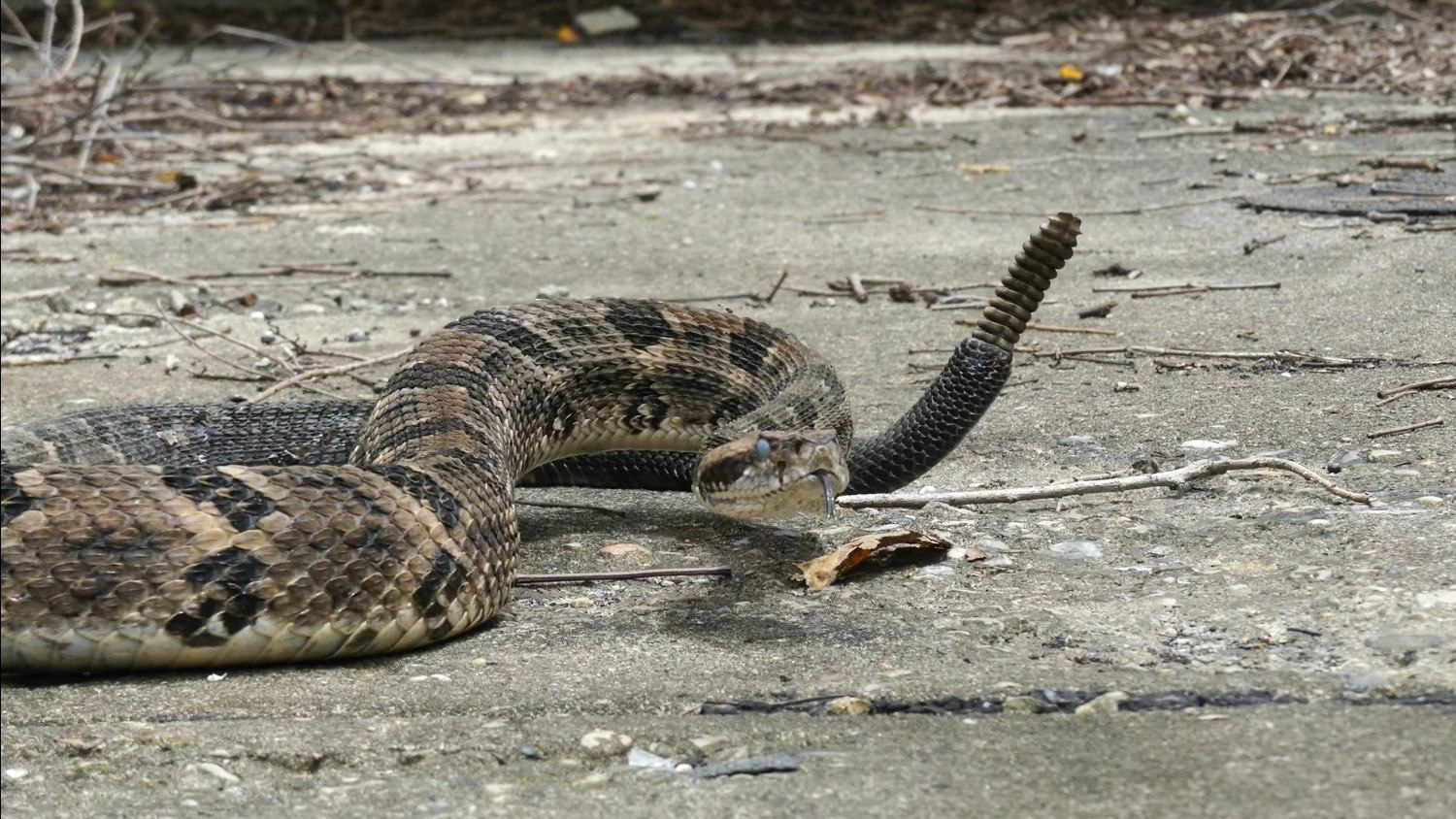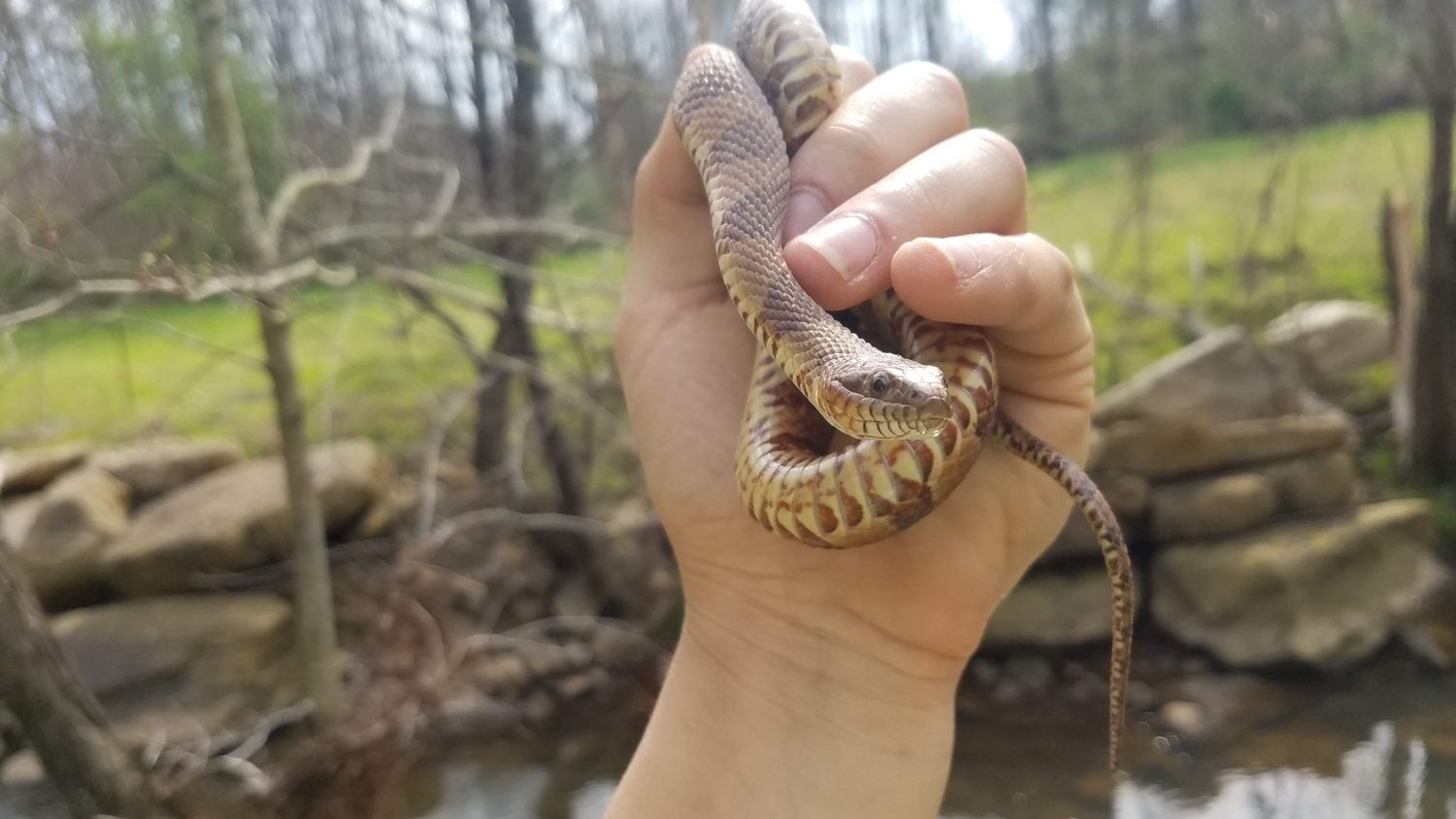There are 38 snake species in North Carolina, six of which are venomous. While often feared, snakes play important roles in their ecosystems and will not strike unless threatened.
We asked Ben Zino, a senior in fisheries, wildlife and conservation biology, to help us learn more about them. Ben creates educational wildlife videos for his YouTube channel, The Wild Report, and told us about five North Carolina snakes. Take the quiz to find out which one you are.
Which are you most drawn to?
 Photo by Lauren McLaughlin
Photo by Lauren McLaughlin
How would you describe yourself?
 Photo by S Migaj via Unsplash
Photo by S Migaj via Unsplash
What is your ideal cool-weather day?
 Photo by Ian Keefe via Unsplash
Photo by Ian Keefe via Unsplash
You're playing hide and seek. Where's your go-to hiding place?
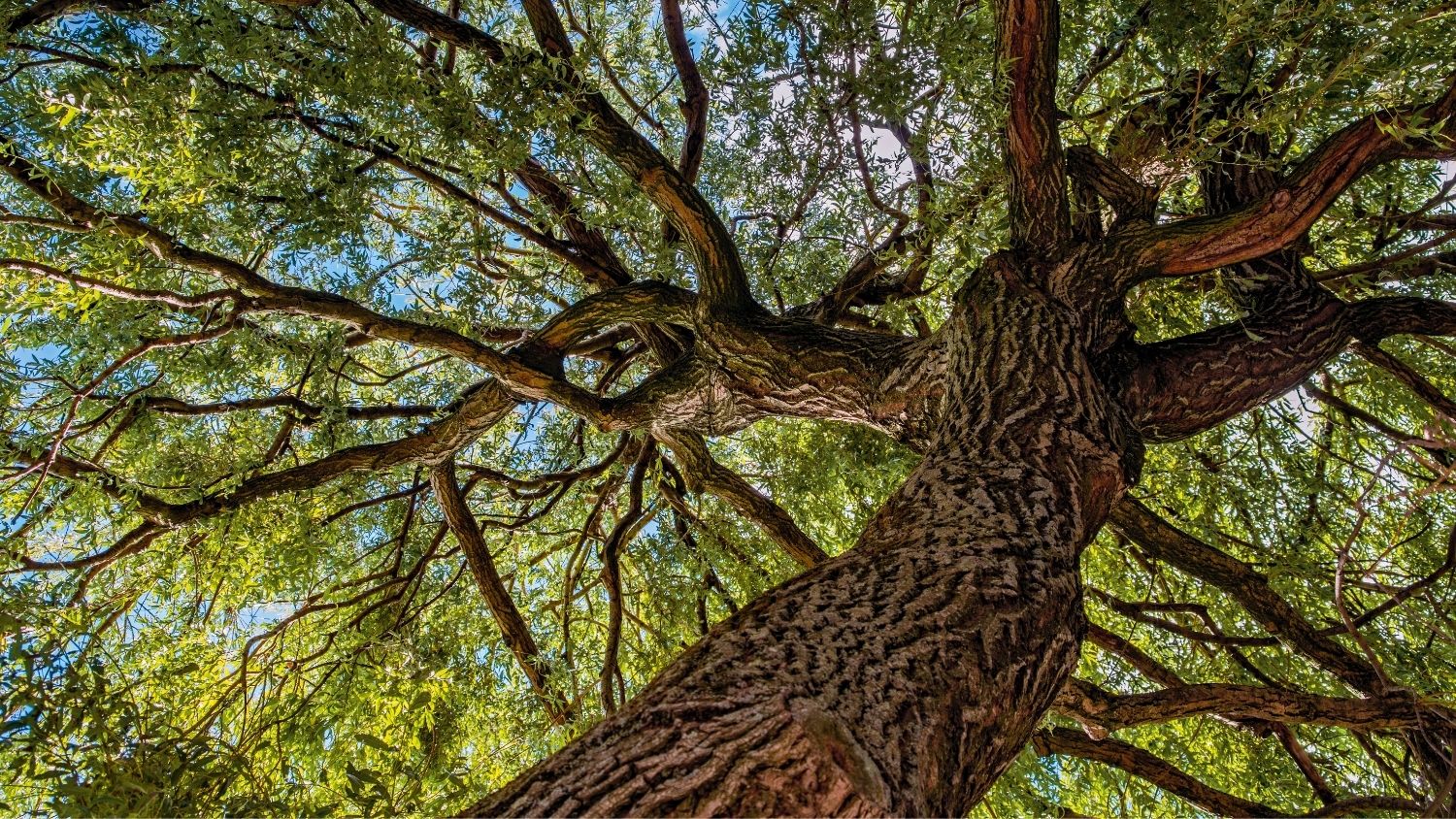 Photo by Lucas van Oort via Unsplash
Photo by Lucas van Oort via Unsplash
If you could gain one skill or power without any practice, which would you choose?
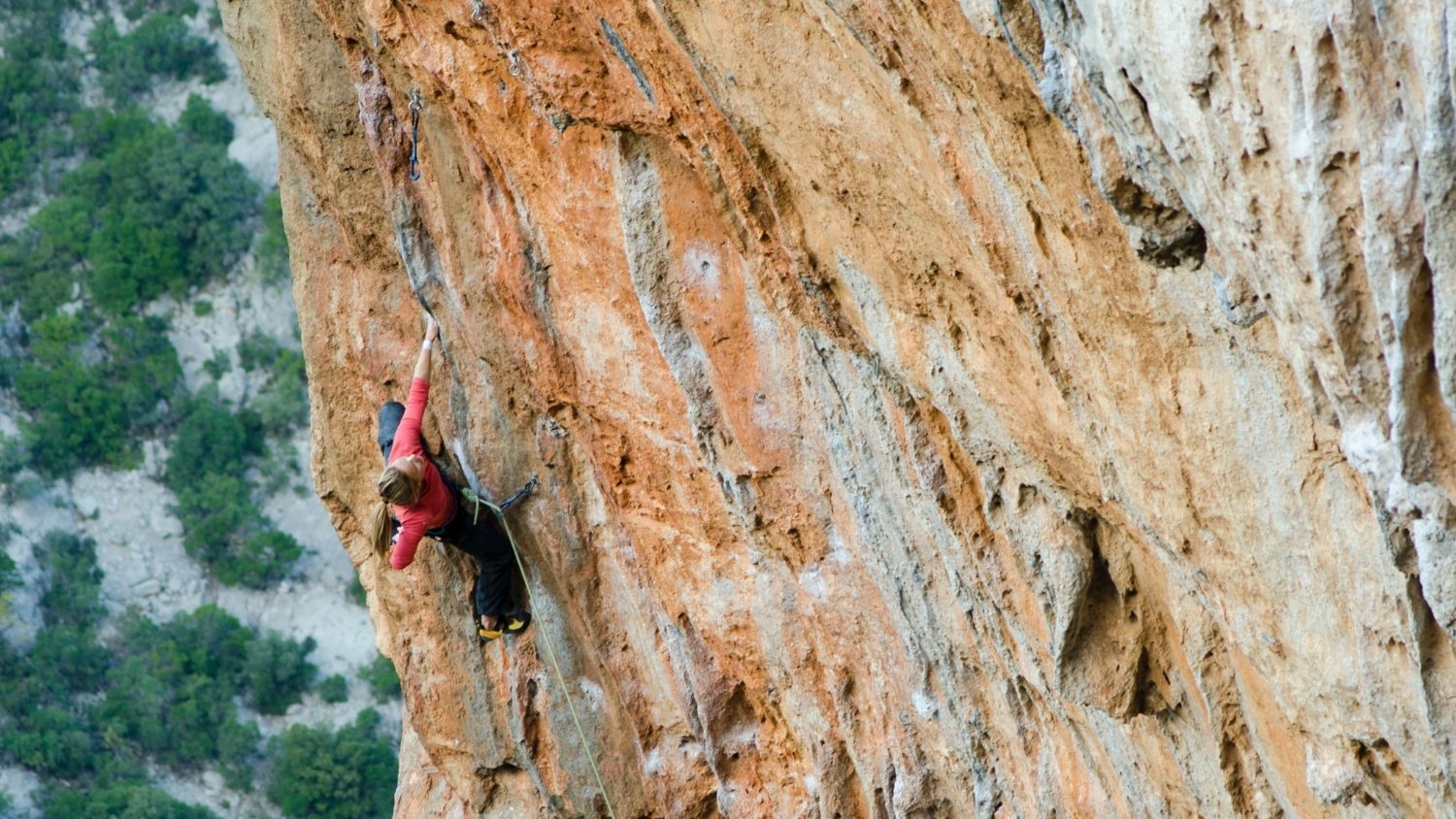 Photo by Fionn Claydon via Unsplash
Photo by Fionn Claydon via Unsplash
Which North Carolina snake are you?
Black Rat Snake
The Black Rat Snake is nonvenomous and found in urban and rural habitats throughout North Carolina. The species’ name comes from its diet of rodents, birds, bird eggs and small mammals. Rat Snakes are excellent climbers, and at four to six feet, are one of the longest snakes in North Carolina. They are often seen in summer months, when increased metabolic rates lead them to hunt more frequently. (Photo by Ben Zino)
Copperhead
The Copperhead is the only venomous snake found throughout all of North Carolina. However, Copperheads won’t strike unless they feel threatened, as their venom takes time and energy to replenish. During the day, they hide under cover to avoid predators and absorb heat. They are great night-hunters due to the heat sensitive pits between their nose and eyes, which allow them to sense warm blooded animals. (Photo by Ben Zino)
Eastern King Snake
The Eastern Kingsnake is a nonvenomous, powerful constrictor. While generally black in color, Eastern Kingsnakes in the Outer Banks are usually brown. They feed on many animals, even rattlesnakes and copperheads, whose venom they are immune to. They are often found near water and in agricultural and suburban areas. (Photo by Ben Zino)
Timber Rattlesnake
The Timber Rattlesnake can grow up to six feet. They are found primarily in the mountains and Coastal Plain, as agriculture and development have caused them to mostly disappear from the Piedmont. In the mountains, females don’t reproduce until age nine or ten, meaning the loss of one adult can have a big impact on a population. While reluctant to bite, their potent venom paralyzes prey and can cause severe damage to humans. Their rattle is made of layers of dry skin, which make noise when they collide. (Photo by Ben Zino)
Northern Water Snake
The Northern Water Snake is nonvenomous and found in a variety of aquatic habitats throughout North Carolina. By inhabiting both aquatic and terrestrial areas, northern water snakes transfer nutrients between the two environments. Their color ranges from reddish brown to black and darkens with age, fading their crossband pattern. Individuals with more prominent patterns are often mistaken for venomous copperheads or cottonmouths.
Photo Credit: Ben Zino
Share your Results:
